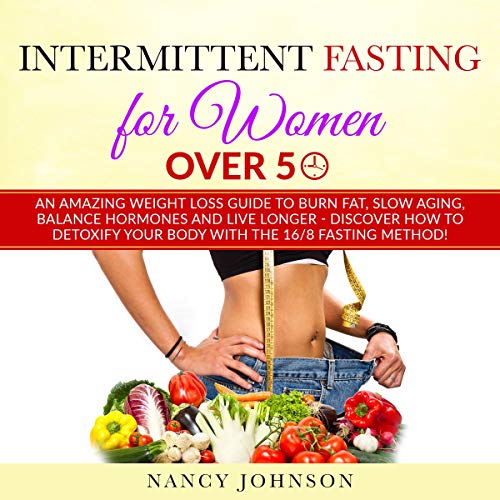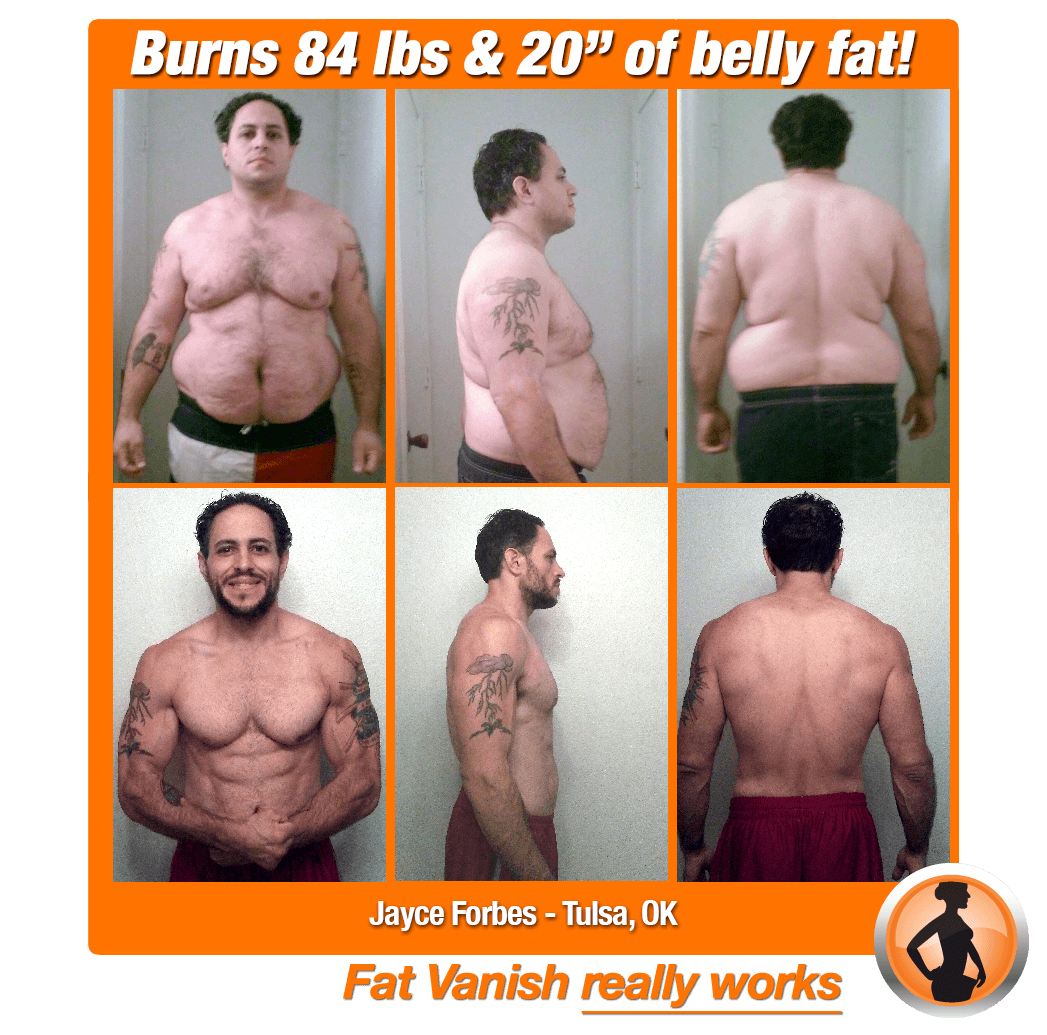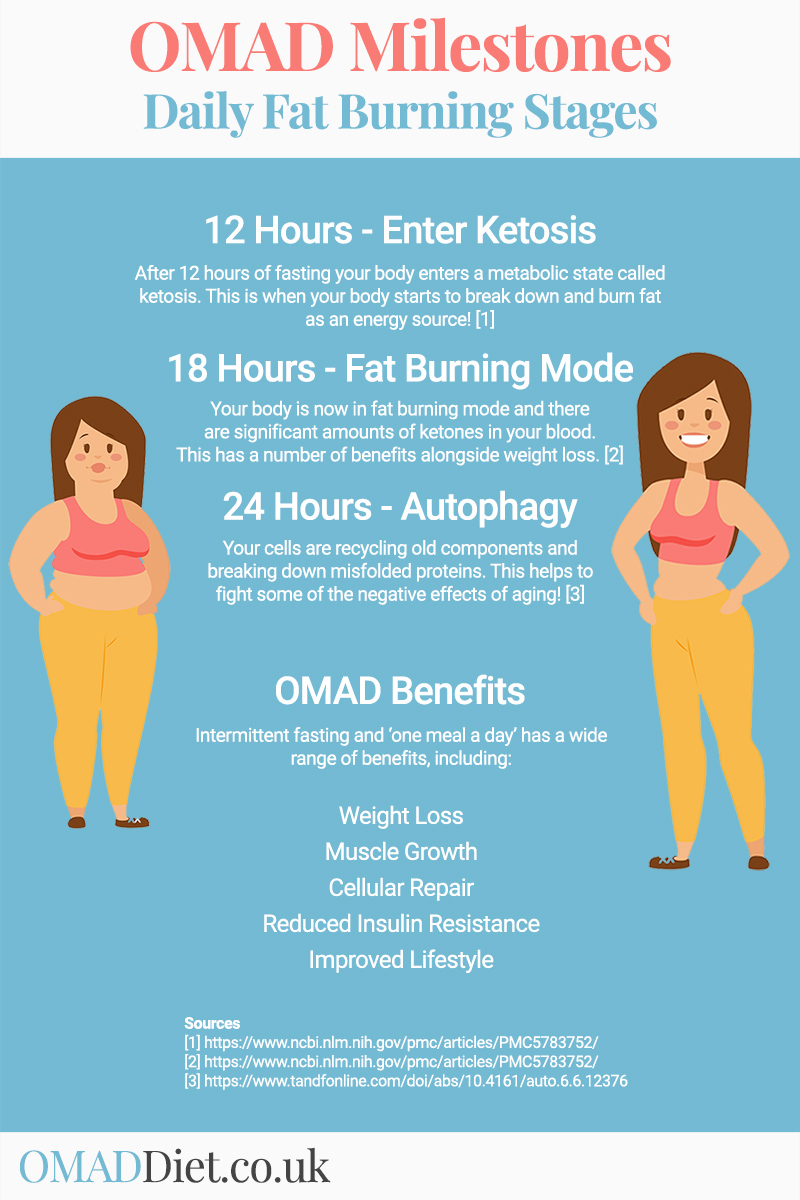Weight Loss For Your Aging Body Burn
Losing weight can be a daunting task, especially as you age. But fear not, because in this article, we will explore the effective ways to ignite your body’s fat-burning potential and achieve weight loss success. With age, our metabolism slows down, making it harder to shed those extra pounds. However, by incorporating a balanced diet, regular exercise, and lifestyle changes tailored to your specific age group, you can kickstart your body’s natural fat-burning process and reach your weight loss goals. So, get ready to discover the secrets to a slimmer and healthier you, no matter your age!

Understanding the Aging Process and Weight Gain
Effects of aging on metabolism
As you age, your metabolism tends to slow down. This means that your body doesn’t burn calories as efficiently as it used to. This decrease in metabolic rate can lead to weight gain if you continue to consume the same amount of calories as before. Understanding the effects of aging on metabolism is crucial in developing a weight loss plan that is effective for your specific needs.
Changes in body composition
Another factor that contributes to weight gain as you age is changes in body composition. As you get older, you tend to lose muscle mass and gain fat. Muscle is more metabolically active than fat, which means that it burns more calories at rest. So, when you lose muscle and gain fat, your metabolism slows down even further, making it easier to gain weight and harder to lose it.
Hormonal changes
Hormonal changes also play a role in weight gain as you age. For example, menopause can lead to a decrease in estrogen levels, which can result in weight gain, particularly around the abdomen. Similarly, changes in testosterone levels in men can contribute to the accumulation of abdominal fat. Understanding these hormonal changes can help you make lifestyle adjustments and develop strategies to manage your weight effectively.
Muscle loss and its impact on weight gain
Muscle loss, also known as sarcopenia, is a common consequence of aging. As mentioned earlier, muscle is metabolically active, so when you lose muscle mass, your metabolism slows down. This can make it easier to gain weight and harder to lose it. In addition, muscle loss can also lead to a decrease in strength and mobility, making it more difficult to engage in physical activities that promote weight loss. Therefore, it is important to address muscle loss and take steps to preserve and build muscle mass.
The Importance of Exercise for Weight Loss
Benefits of exercise for aging bodies
Exercise is crucial for weight loss, especially as you age. Regular physical activity has numerous benefits, including increased calorie burn, improved metabolic rate, and preservation of muscle mass. Exercise also helps to reduce the risk of chronic diseases such as cardiovascular disease, diabetes, and osteoporosis, which become more prevalent as you get older. Incorporating exercise into your weight loss plan can not only help you shed pounds but also improve your overall health and well-being.
Choosing the right type of exercise
When it comes to exercise for weight loss, it’s important to choose activities that are suitable for your body and fitness level. Low-impact exercises, such as walking, swimming, or cycling, are often recommended for aging bodies as they are easier on the joints. These activities can still provide significant benefits in terms of calorie burning and cardiovascular health. Additionally, incorporating strength training exercises can help build and preserve muscle mass, promoting weight loss and improving overall body composition.
Strength training for building muscle mass
Strength training exercises are particularly important for aging bodies as they help build and preserve muscle mass. Strength training, which can involve using weights, resistance bands, or bodyweight exercises, not only increases muscle strength but also improves bone density and decreases the risk of falls and fractures. Aim to include strength training exercises at least two to three times a week in your weight loss plan.
Cardiovascular exercise for calorie burning
Cardiovascular exercise plays a crucial role in weight loss by increasing calorie burn and improving overall cardiovascular health. Activities such as brisk walking, jogging, cycling, or swimming can help elevate your heart rate and burn calories. Aim for at least 150 minutes of moderate-intensity cardiovascular exercise each week, or 75 minutes of vigorous-intensity exercise. Remember to consult with your healthcare provider before starting any new exercise program, especially if you have any existing health conditions.

Nutritional Considerations for Aging Weight Loss
Caloric needs and metabolism
Understanding your caloric needs and metabolism is essential for successful weight loss. As you age, your caloric needs may decrease, primarily due to the decline in metabolic rate. Therefore, it’s important to adjust your calorie intake accordingly to create a calorie deficit, which is essential for weight loss. Consulting with a registered dietitian can help determine your individual caloric needs and ensure that you are consuming the right amount of calories for your weight loss goals.
The role of protein in preserving muscle mass
Protein is essential for preserving muscle mass, especially when trying to lose weight. Including protein-rich foods in your meals and snacks can help maintain muscle mass and support weight loss by increasing satiety and preventing muscle breakdown. Good sources of protein include lean meats, poultry, fish, eggs, dairy products, legumes, and tofu. Aim to include protein with each meal and snack to optimize muscle preservation and weight loss.
Balancing macronutrients for a healthy diet
In addition to protein, it’s important to have a balanced intake of carbohydrates and fats to support overall health and weight loss. Opt for complex carbohydrates such as whole grains, fruits, and vegetables, which provide essential nutrients and fiber. Choose healthy sources of fats such as nuts, seeds, avocado, and olive oil. Balancing your macronutrient intake can help regulate blood sugar levels, provide sustained energy, and promote satiety, making it easier to stick to your weight loss plan.
Importance of vitamins and minerals for aging bodies
As you age, your body may require additional nutrients to support overall health and well-being. Adequate intake of vitamins and minerals is essential for maintaining a healthy weight and preventing deficiencies. Include a variety of fruits, vegetables, whole grains, lean proteins, and healthy fats to ensure you are getting a wide range of essential nutrients. If needed, consult with a healthcare professional or registered dietitian to determine if any supplements are necessary for your specific needs.
Creating a Sustainable Weight Loss Plan
Setting realistic goals
Setting realistic and achievable goals is key when embarking on a weight loss journey. Remember that weight loss is a gradual process, and aiming for 1-2 pounds per week is a healthy and realistic goal. Focusing on sustainable changes, such as improving your eating habits and increasing physical activity, rather than quick fixes, can help you achieve long-term success.
Importance of a balanced approach
Adopting a balanced approach to weight loss is crucial for long-term success. Avoid extreme diets or overly restrictive eating patterns that can be difficult to maintain. Instead, focus on making gradual, sustainable changes to your eating habits and incorporating regular physical activity into your routine. This balanced approach will not only promote weight loss but also improve overall health and well-being.
Tracking progress and making adjustments
Tracking your progress is essential when it comes to weight loss. Whether it’s keeping a food diary, using a tracking app, or simply monitoring your weight and measurements, tracking allows you to identify patterns and make adjustments as needed. If you find that you’re not seeing the desired results, consider consulting with a healthcare professional or registered dietitian who can help you fine-tune your weight loss plan and make necessary adjustments.
Managing setbacks and plateaus
Weight loss is not always a linear process, and setbacks and plateaus are normal occurrences. Don’t get discouraged if you experience a setback or find yourself in a weight loss plateau. Instead, focus on the progress you have made and use setbacks as an opportunity for learning and growth. Seek support from friends, family, or even a support group to help motivate and encourage you during challenging times.

Incorporating Lifestyle Changes for Weight Loss
Getting enough sleep for weight management
Getting enough sleep is crucial for weight management, especially as you age. Lack of sleep can disrupt hormonal balance and increase cravings for unhealthy food choices. Aim for 7-9 hours of quality sleep each night to support weight loss efforts. Establish a bedtime routine, create a sleep-friendly environment, and limit exposure to electronic devices before bed to promote better sleep.
Stress management and its impact on weight
Stress can have a significant impact on weight management, as it can lead to emotional eating and hormonal imbalances. Finding healthy ways to manage stress, such as practicing relaxation techniques, engaging in physical activity, or pursuing hobbies, can help prevent weight gain and support weight loss. Consider incorporating stress management strategies into your daily routine to improve overall well-being and enhance your weight loss journey.
Avoiding sedentary behavior
Sedentary behavior, such as prolonged sitting or a lack of physical activity, can contribute to weight gain and negatively affect overall health. Make an effort to incorporate movement throughout your day, whether it’s taking short walking breaks, stretching, or participating in activities you enjoy. Aim for at least 150 minutes of moderate-intensity aerobic activity per week to counteract the negative effects of a sedentary lifestyle.
Building a support network
Having a support network can greatly increase your chances of success in your weight loss journey. Surround yourself with friends, family, or even join a weight loss support group to provide encouragement, accountability, and motivation. Share your goals with your support network and enlist their help in keeping you on track. Having someone to lean on during challenging times can make a significant difference in your weight loss efforts.
Understanding the Role of Hormones in Weight Loss
How hormones affect weight loss
Hormones play a crucial role in weight loss and can influence various aspects of your body, including metabolism, hunger, and fat storage. Hormonal imbalances or changes, such as those that occur during menopause or with conditions like insulin resistance or hypothyroidism, can make weight loss more challenging. Understanding how hormones affect weight loss can help you make necessary adjustments to your weight loss plan and seek appropriate medical advice if needed.
Menopause and its impact on metabolism
Menopause is a natural hormonal transition that women experience as they age. The decline in estrogen levels during menopause can lead to weight gain, specifically around the abdomen. This shift in body composition and metabolism can make weight loss more challenging. However, through lifestyle modifications such as regular exercise, a balanced diet, and hormone therapy if deemed appropriate, weight loss and weight maintenance during menopause can still be achieved.
The role of insulin in weight management
Insulin is a hormone that plays a crucial role in regulating blood sugar levels and fat storage. Insulin resistance, a condition in which the body becomes less responsive to insulin, can contribute to weight gain and make it difficult to lose weight. Dietary changes that focus on reducing refined carbohydrates and added sugars can help improve insulin sensitivity and promote weight loss. Consult with a healthcare professional or registered dietitian for personalized guidance if you suspect insulin resistance may be impacting your weight loss efforts.
Thyroid function and weight regulation
The thyroid gland produces hormones that regulate metabolism and manage energy levels. An underactive thyroid, or hypothyroidism, can lead to weight gain and difficulty losing weight. If you suspect thyroid dysfunction may be affecting your weight loss efforts, it’s important to consult with your healthcare provider for accurate diagnosis and appropriate treatment. In some cases, medication to support thyroid function may be necessary to achieve weight loss goals.

Avoiding Common Pitfalls in Weight Loss for Aging Bodies
Rapid weight loss and its drawbacks
While rapid weight loss may seem appealing, it’s important to understand the drawbacks associated with it. Losing weight too quickly can result in muscle loss, nutrient deficiencies, and a decreased metabolic rate. Aim for a gradual weight loss of 1-2 pounds per week to ensure that you are losing primarily fat and preserving muscle mass. Remember, weight loss is a marathon, not a sprint!
Fad diets and their inefficacy
Fad diets often promise quick results but are typically unsustainable and may not provide the necessary nutrients for long-term health. These diets often rely on severe calorie restriction or the elimination of entire food groups, which can lead to nutrient deficiencies and metabolic imbalances. Instead, focus on adopting a balanced, nutrient-dense eating plan that promotes sustainable weight loss and supports overall health.
Skipping meals and its effects on metabolism
Skipping meals, especially breakfast, can have negative effects on your metabolism and weight loss efforts. When you skip meals, your body may go into starvation mode, slowing down metabolism and increasing the likelihood of overeating later in the day. Aim to consume regular, balanced meals throughout the day to keep your metabolism active and prevent excessive hunger.
Not addressing emotional eating
Emotional eating can be a significant barrier to weight loss, especially for aging bodies. Stress, boredom, or other emotional triggers can lead to unhealthy eating habits that sabotage your weight loss goals. Developing strategies to address emotional eating, such as finding alternative coping mechanisms, seeking support from a therapist or support group, or practicing mindfulness, can help you break free from this cycle and support your weight loss efforts.
The Benefits of a Whole Foods Diet for Aging Weight Loss
Understanding whole foods and their impact
A whole foods diet focuses on consuming foods in their most natural, unprocessed form. Whole foods include fruits, vegetables, whole grains, lean proteins, and healthy fats. These foods are rich in essential nutrients, fiber, and antioxidants, which support overall health and weight loss. Whole foods also tend to be lower in added sugars, unhealthy fats, and sodium, making them a healthier choice for aging bodies.
Filling up on fiber-rich meals
Fiber is an important nutrient for weight loss and overall health. It helps to promote feelings of fullness, regulate blood sugar levels, and support a healthy digestive system. Incorporate high-fiber foods such as fruits, vegetables, whole grains, legumes, and nuts into your meals and snacks to help control hunger and support weight loss.
Avoiding processed foods and added sugars
Processed foods and added sugars are often high in calories, unhealthy fats, and sodium, making them less than ideal for weight loss. These foods can also lead to cravings and overeating. Opt for whole, minimally processed foods as much as possible and limit your intake of foods that are high in added sugars and unhealthy fats. Reading food labels can help you make informed choices and identify hidden sources of added sugars and unhealthy ingredients.
The role of antioxidants and anti-inflammatory foods
Antioxidants and anti-inflammatory compounds found in whole foods can help support weight loss and overall health. These compounds help reduce inflammation in the body, which can contribute to chronic diseases and hinder weight loss efforts. Incorporate a variety of colorful fruits and vegetables, such as berries, leafy greens, and cruciferous vegetables, into your diet to take advantage of their antioxidant and anti-inflammatory properties.

Choosing the Right Weight Loss Program for Aging Bodies
Considering medical advice and supervision
Before starting any weight loss program, it’s important to consider your individual medical history and consult with a healthcare professional. Certain medical conditions or medications may impact your ability to follow specific weight loss plans or require additional supervision. A healthcare professional can provide personalized guidance and ensure that your weight loss plan is safe and appropriate for your specific needs.
Finding a program tailored to individual needs
Not all weight loss programs are created equal, and finding a program that suits your individual needs and preferences is crucial for success. Consider factors such as your current fitness level, dietary preferences, and lifestyle when choosing a weight loss program. Look for programs that prioritize sustainable changes, incorporate a balanced approach to nutrition and exercise, and offer ongoing support and accountability.
Evaluating the program’s sustainability
Sustainability is a key factor in any weight loss program. It’s important to choose a program that you can realistically maintain in the long run. Avoid programs that rely on extreme measures, drastic calorie restriction, or the elimination of entire food groups, as these are often difficult to sustain and can lead to weight regain. Look for programs that emphasize gradual, sustainable changes that you can incorporate into your lifestyle for the long term.
Ensuring the program promotes overall health
Weight loss should not come at the expense of overall health. When choosing a weight loss program, ensure that it promotes overall health and well-being, not just a number on the scale. A holistic approach that addresses nutrition, physical activity, stress management, sleep, and emotional well-being is essential for achieving and maintaining a healthy weight. Look for programs that prioritize a balanced approach and provide guidance in these areas.
Maintaining Weight Loss and Healthy Habits in the Long Run
Establishing a maintenance plan
Maintenance is a crucial part of long-term weight loss success. Establishing a maintenance plan that incorporates healthy habits and lifestyle changes is key. Focus on maintaining the healthy eating and exercise habits you developed during your weight loss journey and continue to monitor your progress. Adjust your calorie intake and exercise routine as necessary to maintain your weight loss and prevent regain.
Regularly assessing progress and adjusting
Regularly assessing your progress is important for maintaining weight loss and making necessary adjustments. Monitor your weight, body measurements, and overall well-being to ensure that you are on track. If you notice any signs of weight regain or a plateau, reassess your habits and make adjustments as needed. It may be helpful to consult with a healthcare professional or registered dietitian for guidance on long-term maintenance and adjusting your plan.
Preventing weight regain
Preventing weight regain requires ongoing effort and attention. Stick to the healthy habits you established during your weight loss journey, such as regular physical activity, balanced eating, and stress management. Remain mindful of portion sizes and be aware of emotional eating triggers. Stay connected with your support network and seek help if you find yourself struggling. Remember that weight maintenance is a lifelong commitment, and with the right mindset and strategies, you can prevent weight regain and enjoy a healthier, happier life.
Making lifelong healthy choices
Weight loss is not just about reaching a certain number on the scale; it’s about adopting lifelong healthy habits. Focus on making sustainable changes to your eating habits and exercise routine that you can maintain for the long term. Practice intuitive eating, listening to your body’s hunger and fullness cues, and finding joy in nourishing your body with wholesome foods. Remain active, prioritize self-care and stress management, and continue to prioritize your health and well-being. With a lifetime commitment to healthy choices, you can enjoy the benefits of weight loss and maintain a healthy lifestyle as you age.

